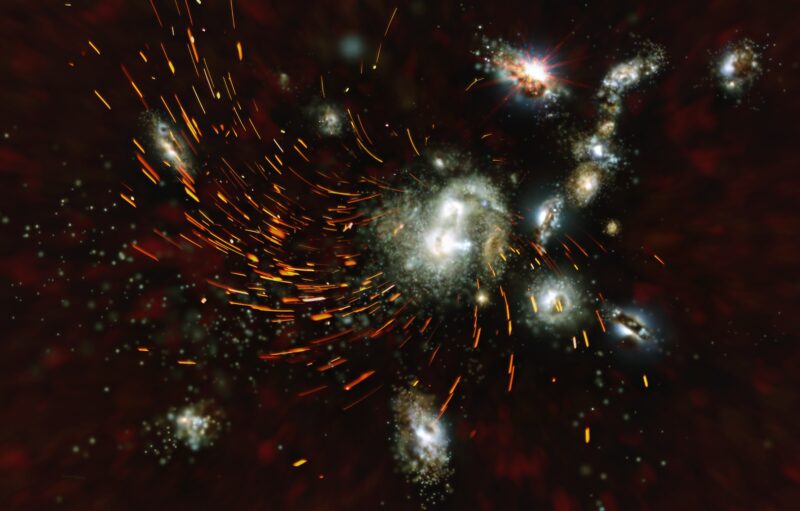
Astronomers found evidence a giant elliptical galaxy may form through the rapid collapse of a young galaxy cluster.
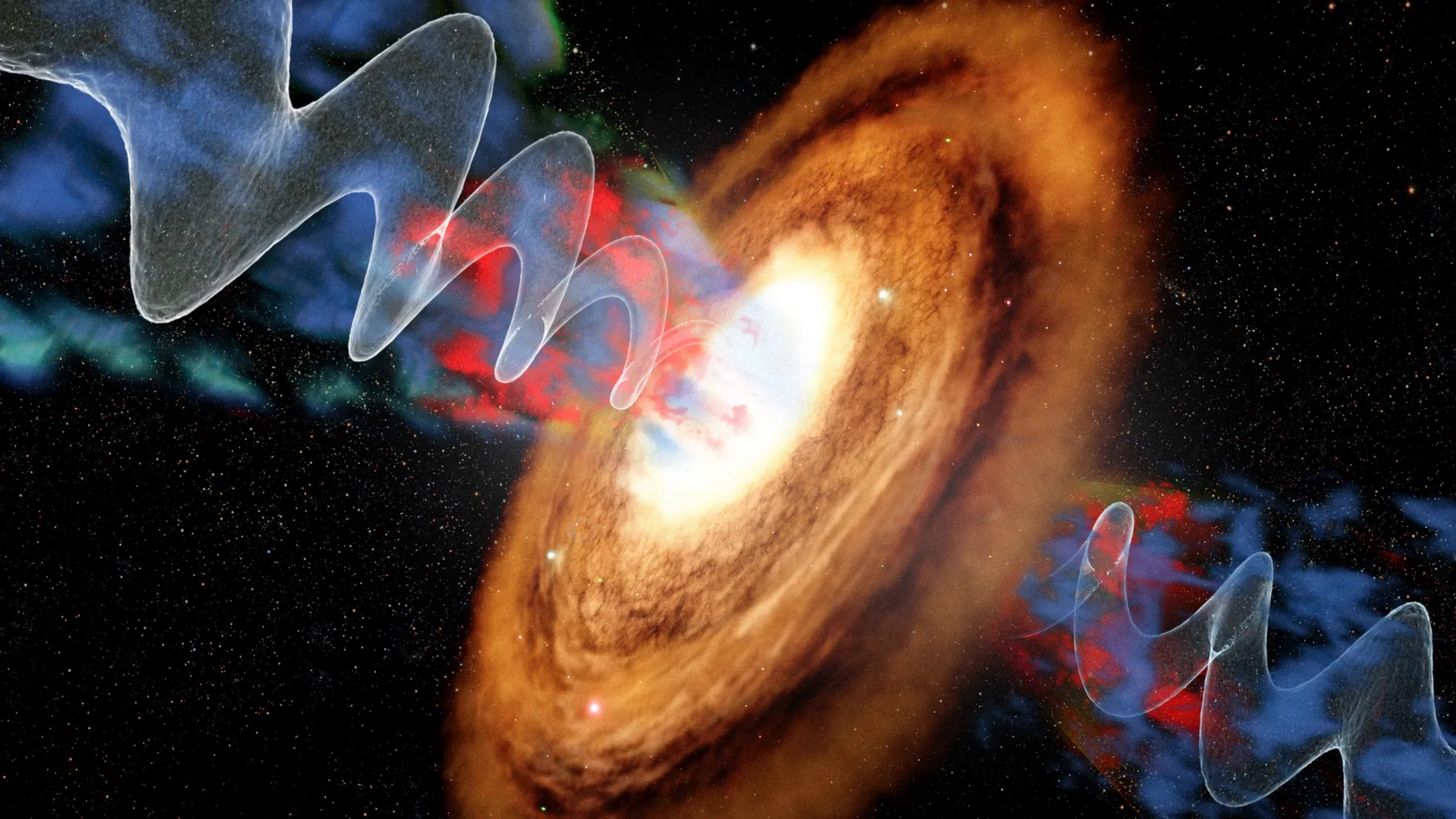
A nearby active galaxy called VV 340a offers a dramatic look at how a supermassive black hole can reshape its entire host.
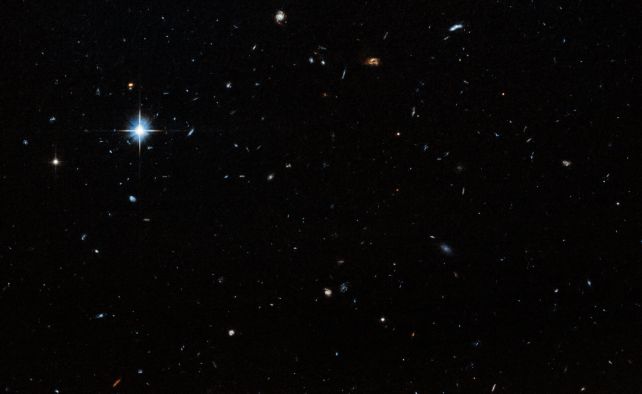
An object spotted in deep space is the strongest candidate yet for a galaxy arrested during early development.
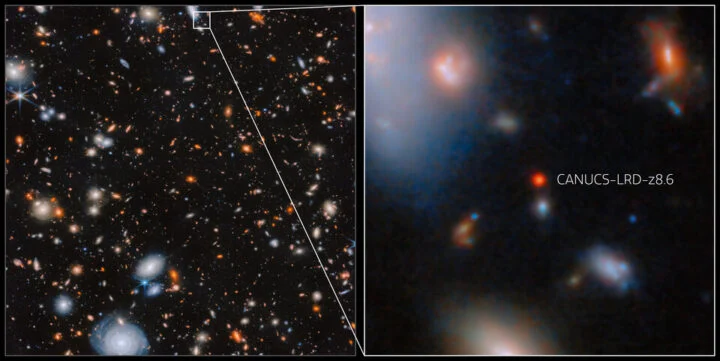
Researchers using the NASA/ESA/CSA James Webb Space Telescope have confirmed an actively growing supermassive black hole within a galaxy just 570 million years after the Big Bang.
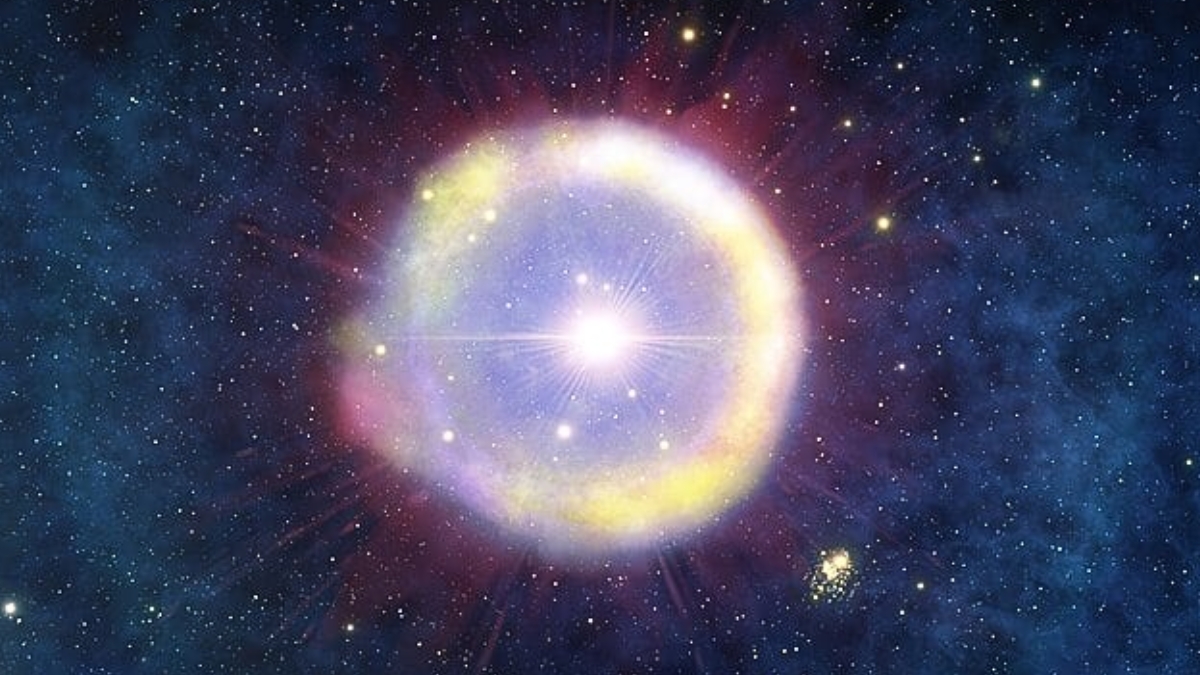
A galaxy formed around 11 billion years ago that appears to be "metal-free", indicating that it might contain a set of elusive first-generation (Pop III) stars.
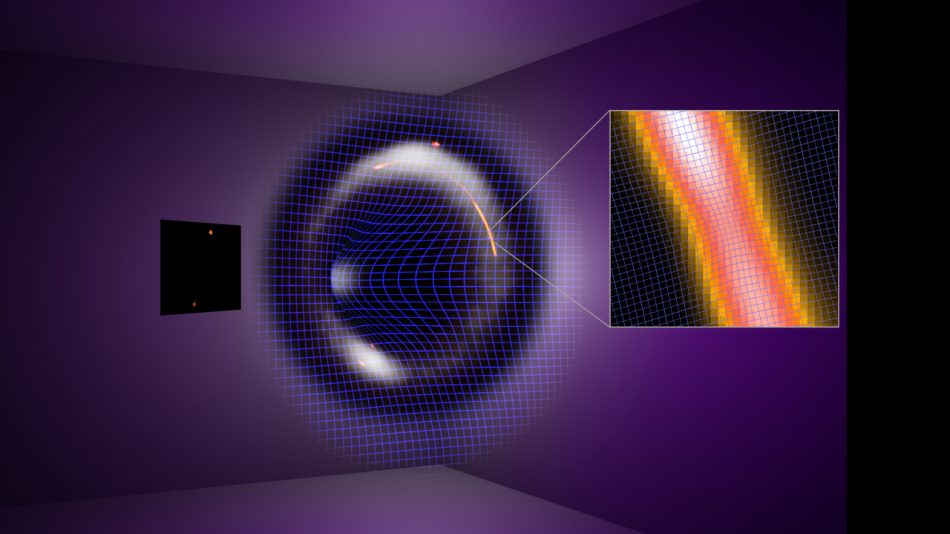
Something massive is lurking in the darkness of space, a mysterious object with the weight of a million Suns but no light to give it away.
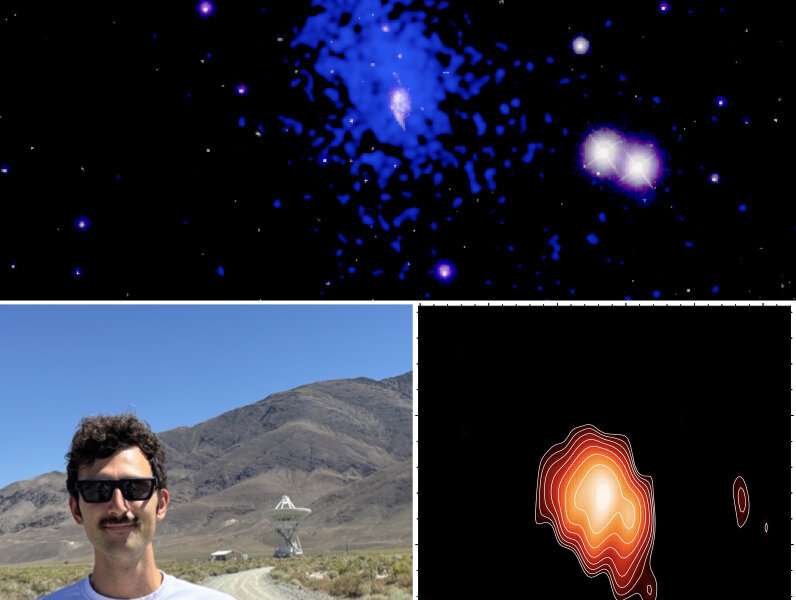
Astronomers have caught a supermassive black hole in the act of awakening from a long slumber, providing an unprecedented glimpse into the earliest stages of black hole activity.
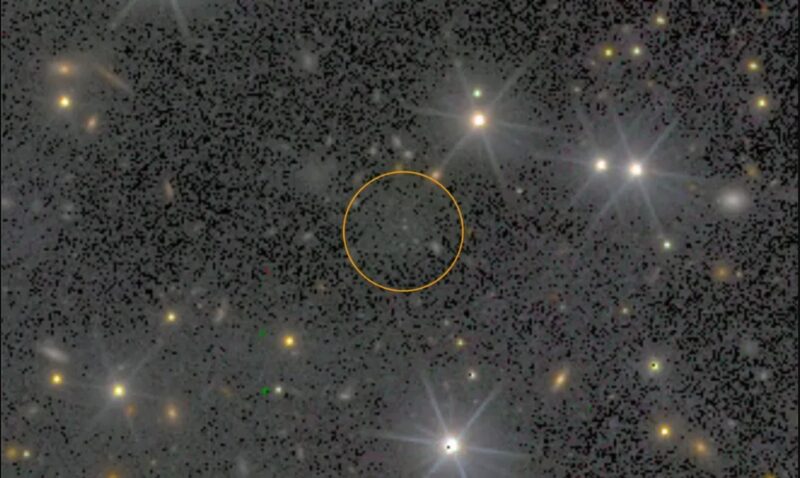
On June 20, 2025, Austrian researchers have discovered a dark-matter galaxy candidate in a cluster of galaxies some 240 million light-years away.

Astronomers have created a galactic masterpiece: an ultra-detailed image that reveals previously unseen features in the Sculptor galaxy.
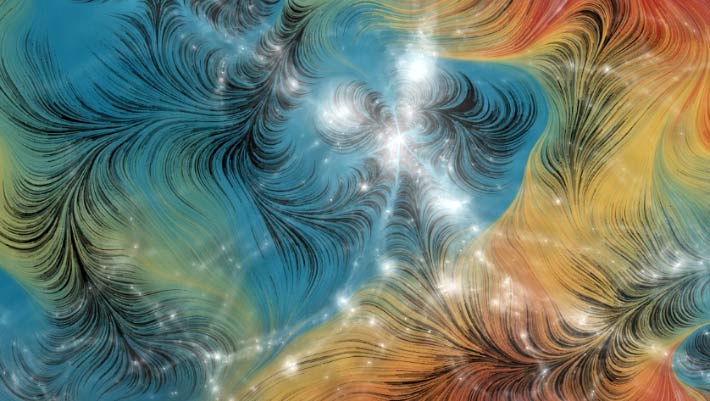
Astronomers have used Fast Radio Bursts (FRBs) to show that more than three-quarters of the Universe's ordinary matter has been hiding in the thin gas between galaxies.

The record-breaking galaxy is revealing secrets about the first stars and their unexpected chemical fingerprints.
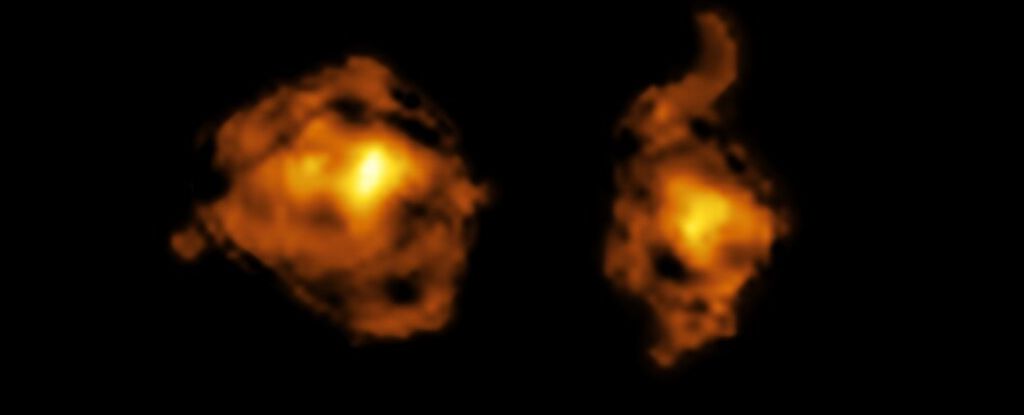
The moment one galaxy spears another with a powerful beam of radiation shooting from its central black hole has been spotted in a distant galactic collision.

A team of astronomers has identified a giant spiral galaxy so well-formed that it already has a stable galactic bar; a long, straight structure filled with stars across the galaxy's center. It was formed just 2.6 billion years after the Big Bang.

Most of the lights in the new JWST-Hubble composite image are not bright stars, but galaxies, stretching back almost as far across space-time as the beginning of the Universe.

In a new image from NASA’s James Webb Space Telescope, a galaxy named for its resemblance to a broad-brimmed Mexican hat appears more like an archery target.